US Foreign Policy
Explore all Articles
filter by–Region
filter by–Country
search by–Keyword
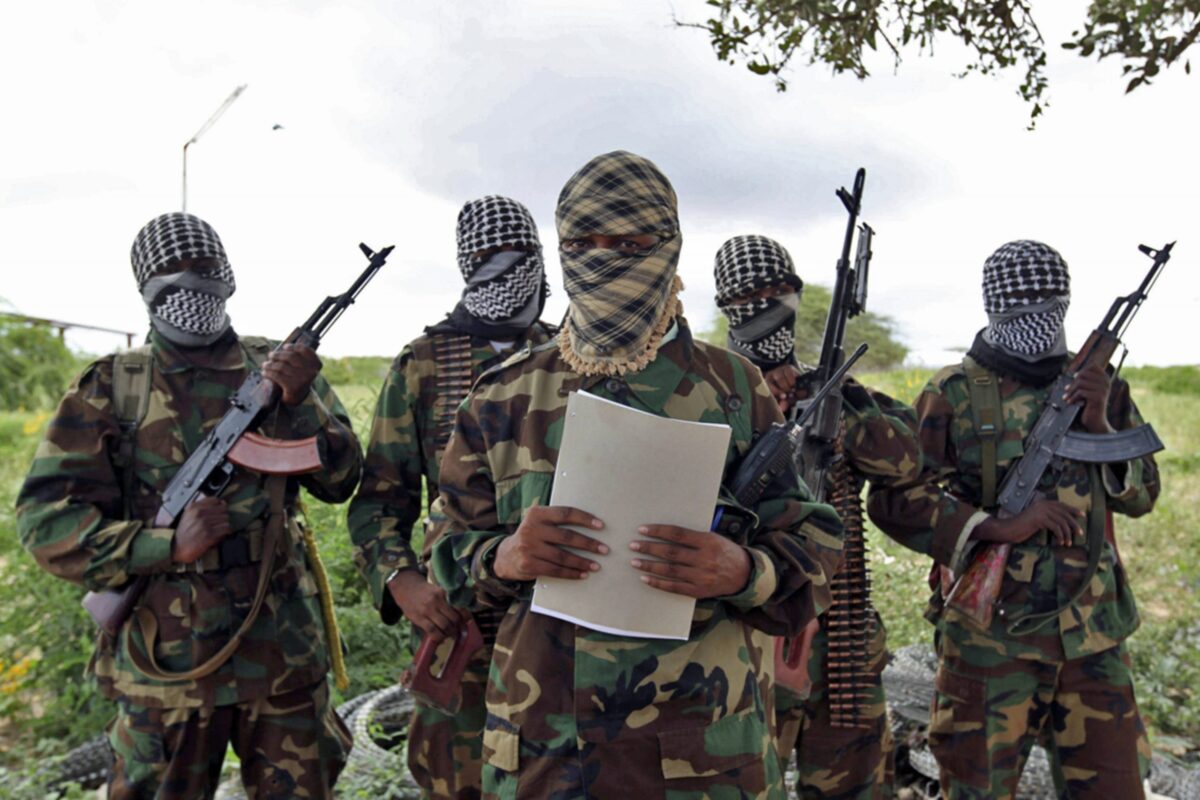
Like Afghanistan, U.S. withdrawal from Somalia signals conflict fatigue, with potentially serious consequences for East Africa
12.3.21
By Kevin Uniacke Former U.S. Ambassador Ryan Crocker recently led a Zoom speaking engagement at the Harvard Kennedy School. The Ambassador discussed the consequences of the 2021 U.S. withdrawal from Afghanistan, drawing on his extensive diplomatic experience as a Foreign Service Officer for over 37 years and an Ambassador to Afghanistan, Iraq, Kuwait, Lebanon, Pakistan, […]
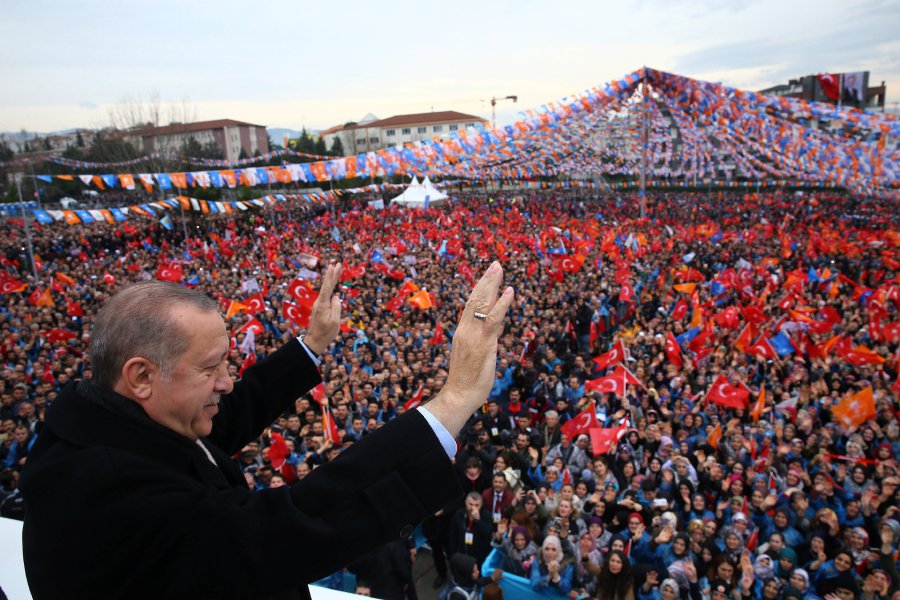
“Erdoğan the Good” or “Erdoğan the Bad?” A conversation with Soner Çağaptay on US-Turkey relations following US withdrawal from Syria
10.25.19
Editor-in-Chief Reilly Barry sits down with US-Turkey relations expert Soner Çağaptay to discuss what is important to keep in mind in the bilateral context following major changing events in Syria and renewed US dialogue on the path ahead for the alliance, Turkey’s role in NATO, and the lasting persona of Erdoğan affecting the relationship.
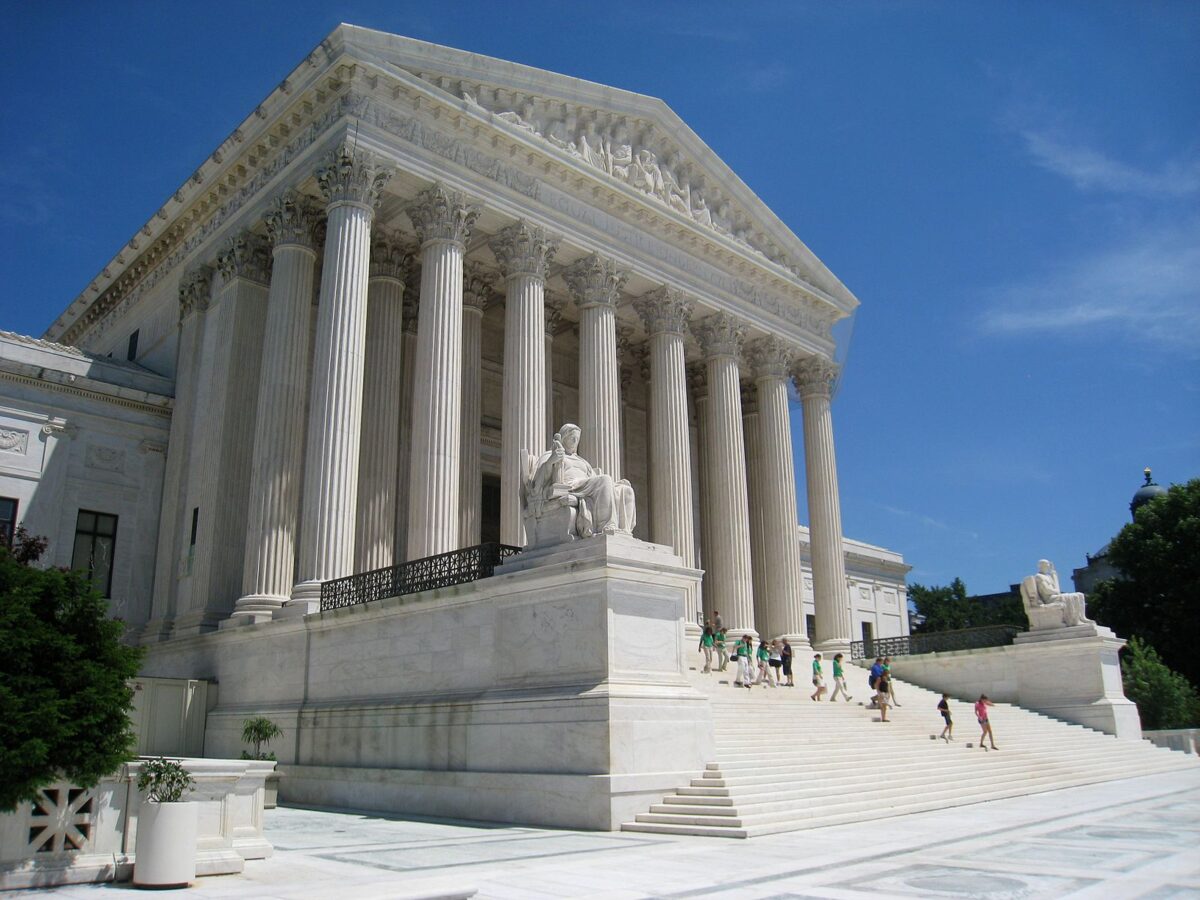
Constraining U.S. foreign policy by enforcing current law: a series on Congress’s options to limit arms sales and aid to Saudi Arabia, part 3
03.21.19
To secure a court order, Congress must show that the executive’s refusal to follow the FAA and the Leahy laws uniquely injures the legislative branch in a way that only the courts can remedy.
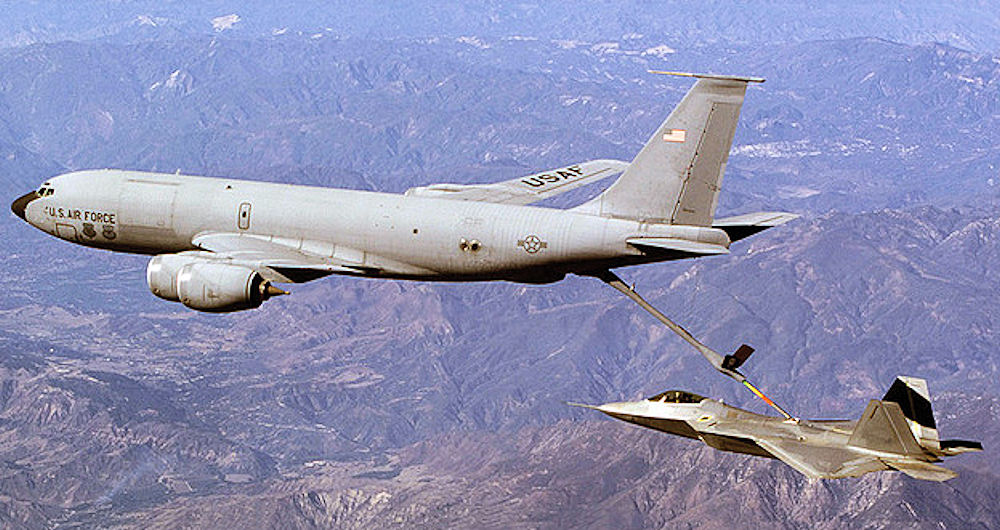
Current law constraining the President: a series on Congress’s options to limit arms sales and aid to Saudi Arabia, part 2
03.21.19
The White House’s Saudi policy implicates at least four pieces of existing legislation. If the President refuses to obey them or cuts corners, Congress can bring him to heel directly via impeachment, or indirectly through court orders that force executive branch agencies to halt the restricted activity.
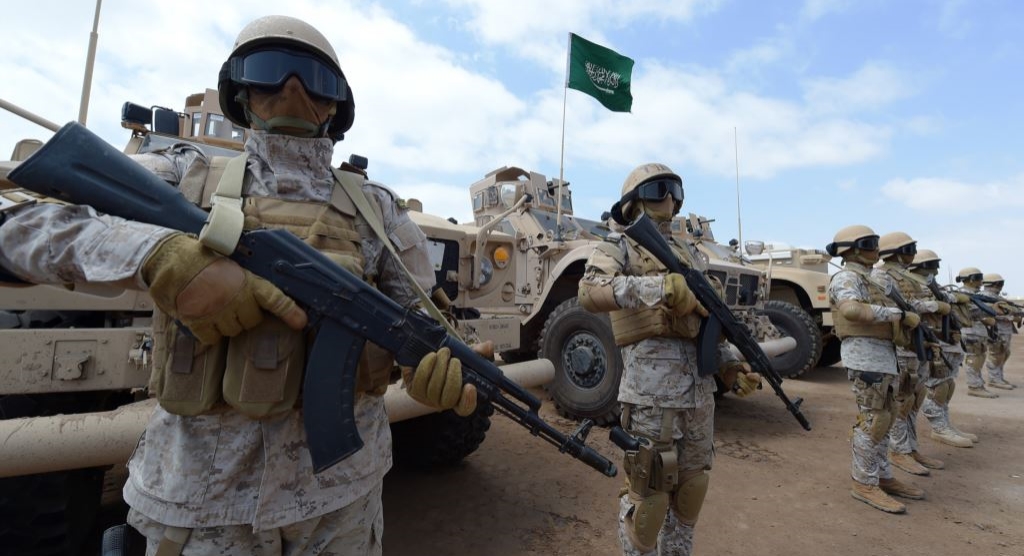
Facing a President’s veto: a series on Congress’s options to limit arms sales and aid to Saudi Arabia, part 1
03.21.19
Even without a two-thirds majority, Congressional representatives determined to hold Saudi Arabia accountable for its flagrant violations of international law could dodge the veto and limit the President’s actions by enforcing existing laws that nominally prevent the U.S. from supporting states that violate human rights.
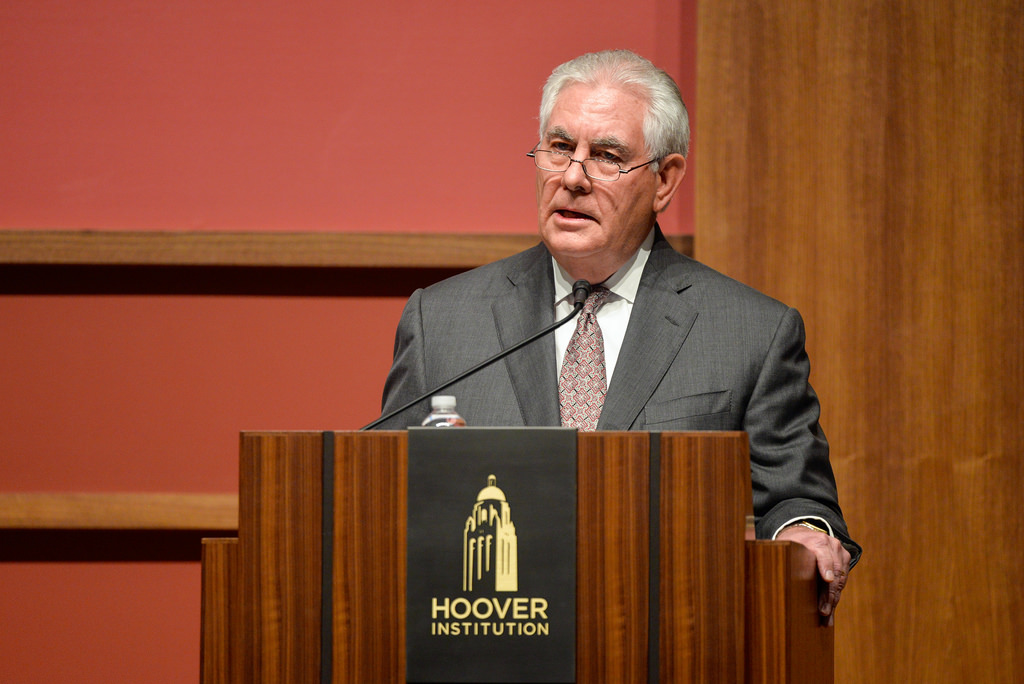
Another forever war: The US strategy in Syria
02.14.18
In a speech at the Hoover Institution on January 17, United States Secretary of State Rex Tillerson outlined a plan to keep US troops in Syria indefinitely, beholden to an unrealistic set of conditions. Although the new policy identifies areas of concern for the US and its allies in the Middle East, the goals outlined lack specificity and are so broad as to be impractical. If the Trump administration does not narrow its goals in Syria, it risks turning Syria into a conflict as open-ended as Afghanistan.
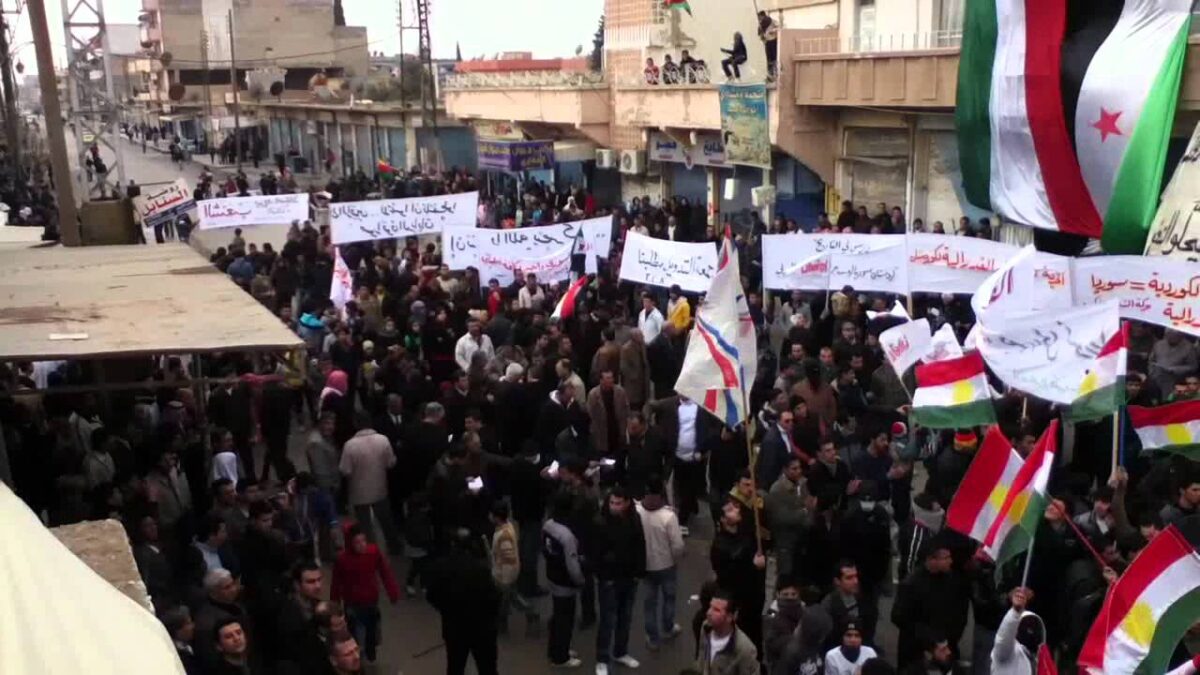
How foreign aid undermines good rebellions in Syria
10.13.17
Despite the international community’s efforts to shape governance in Syria, moderate opposition groups have failed to gain a foothold in the country’s political sphere. This is largely related to the international community’s strategy in Syria, which has shifted from demanding the departure of Bashar al-Assad to providing humanitarian assistance and countering the Islamic State. As part of this shift, the international community has emphasized the promotion of a “good” rebellion and governance training for rebel groups in Syria.
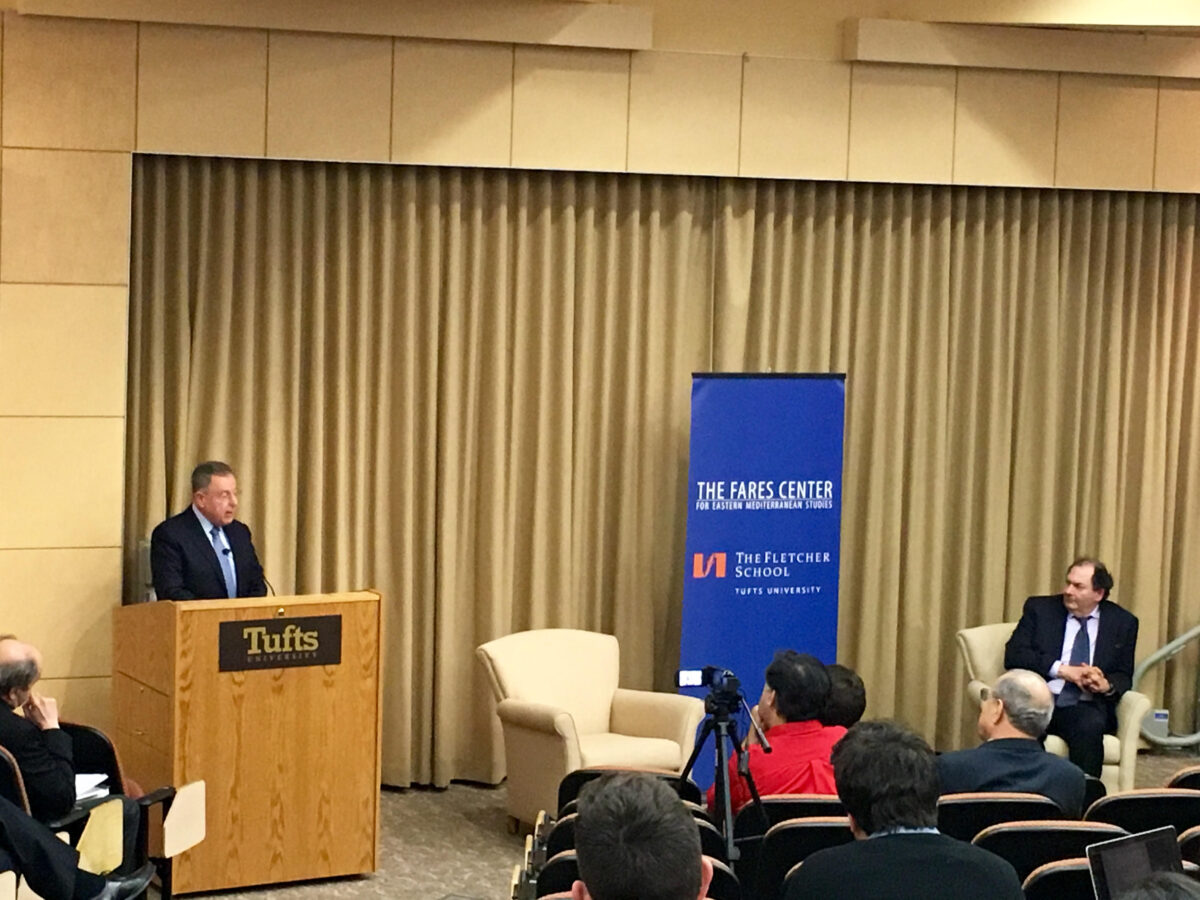
The Emerging Middle East: Risks and Opportunities with Former Lebanese Prime Minister Fouad Siniora
04.12.16
On Wednesday, April 6, 2016, the Fletcher School’s Fares Center for Eastern Mediterranean Studies and Program in International Negotiations and Conflict Resolution hosted Lebanese statesman and businessman, Fouad Siniora. Mr. Siniora served the Hariri government as Finance Minister in two separate stints, eventually rising to the position of Prime Minister between 2005 and 2008. Known […]
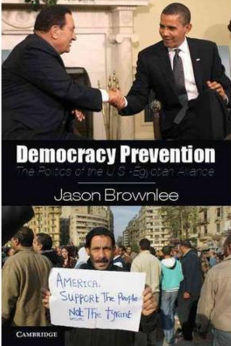
Democracy Prevention: The Politics of the US-Egyptian Alliance
11.9.15
On October 21st, 2015, the first round of the first parliamentary elections held in Egypt since 2011 came to a close. A majority of available seats were won by loyalists to President Abdel Fatah Al-Sisi, in an election in which approximately one-fifth of the electorate voted. The election has been hailed by Al-Sisi as the […]

Is the Middle East a Lost Cause?
11.5.14
“Arab civilization, such as we knew it, is all but gone.” Those are the words of Hisham Melham, Washington bureau chief of Dubai-based media outlet Al-Arabiya. In a 2,000-word piece for Politico, Melham argues that Arab civilization has collapsed, and that it won’t be revived in his lifetime. Is this gloomy outlook overwrought, or simply […]
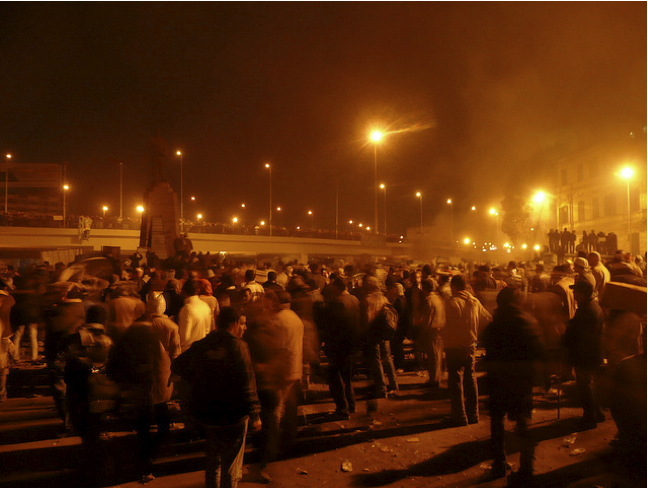
A Conversation with Esraa Abdelfattah and Bassel Adel
04.15.13
Esraa Abdelfattah, already a leading activist prior to 2011, played a major role in the January 2011 Egyptian revolution. She has been a political activist since 2008, when she created the April 6 Strike Group on Facebook, which grew to 70,000 members and resulted in her arrest. She is currently vice-chairman of the Egyptian Democratic […]